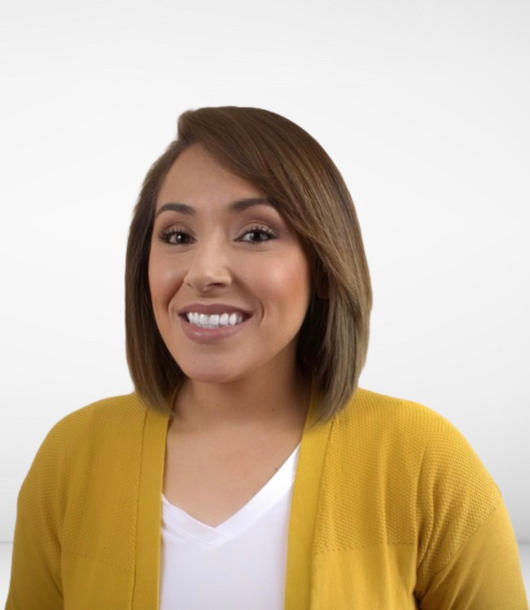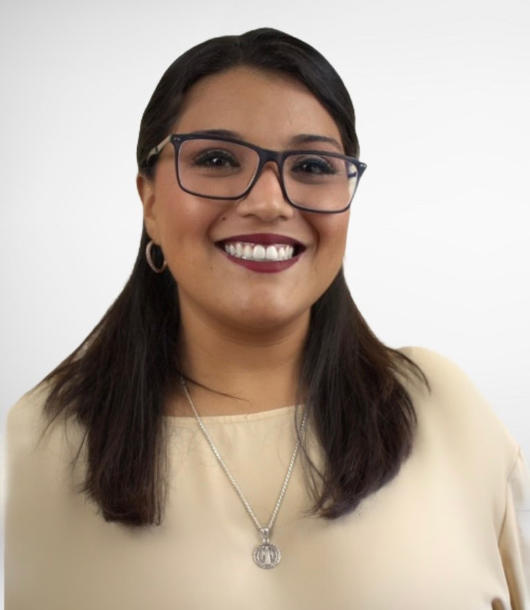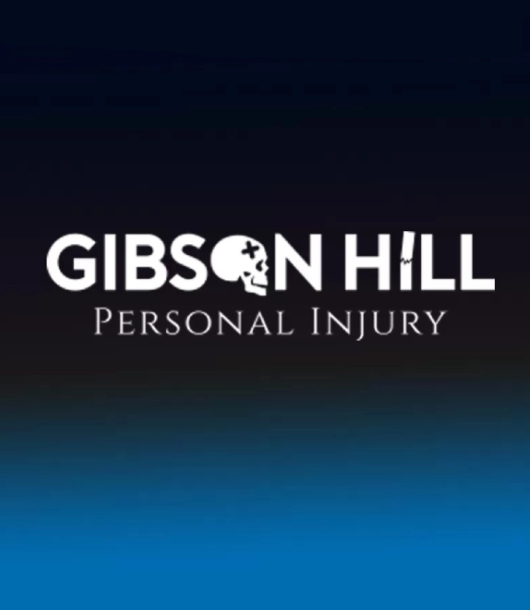 A car accident can be shocking to the drivers involved. The chaos of a car accident, combined with the adrenaline rush that most drivers experience afterward, can cause motorists to say things that later hurt their legal claim for compensation. You should familiarize yourself with what not to say after you have been involved in a car wreck. We have compiled four common statements you should never say after a car accident.
A car accident can be shocking to the drivers involved. The chaos of a car accident, combined with the adrenaline rush that most drivers experience afterward, can cause motorists to say things that later hurt their legal claim for compensation. You should familiarize yourself with what not to say after you have been involved in a car wreck. We have compiled four common statements you should never say after a car accident.
“I’m Sorry”
Many drivers apologize as a reflex reaction immediately after a crash. Some do it thinking they caused the crash, and others do it to show sympathy or empathy during a traumatic event like a car accident. However, you should never say “I’m sorry” or offer apologetic words after a car accident. This is true even if you think you bear some responsibility for the accident.
You may not have all the facts. Instead, the evidence may later show that the other driver caused the crash. But if you accept responsibility immediately after the accident, it can be harder to argue that the other driver was at fault. Suppose you say sorry purely as a means of showing sympathy. In that case, you can also undercut your credibility if you later pursue a legal case arguing that the other driver caused the accident.
“I Didn’t See You”
For the same reasons, you should never say, “I didn’t see you,” or other statements discussing what you saw or did before the accident. The physical evidence may show that the other driver caused the crash. You may give the other driver or the insurance company evidence by offering up or admitting to things you saw or did in the moments leading up to the collision. They can then argue that you bear some or even all the fault for the accident. Instead, include the details about the moments leading up to the accident in the statement you give to an investigating police officer and in the discussion between you and your attorney.
“I Feel Fine”
You might also want to reassure the other driver after a car accident by telling them that you “feel fine” or were not injured. You might tell the other driver that you don’t need 911 if they ask you if you need it. However, you should avoid mentioning injuries immediately after a car accident unless you require immediate medical attention. Many car accident injuries take days or even weeks before they begin causing noticeable pain or symptoms. It can hurt your credibility if you file an injury claim from the accident later. If you claim that you did not suffer any injuries at the car accident scene, the insurance company may try to argue that you are exaggerating your injuries. Or that the injuries you have claimed were caused by something other than the accident.
“Let’s Settle This on Our Own”
 A car accident is enough to ruin your day. For that reason, you may suggest to the other driver that you try to settle the accident right on the spot. You may be leery of getting the police or insurance companies involved. However, you should never suggest this for several reasons:
A car accident is enough to ruin your day. For that reason, you may suggest to the other driver that you try to settle the accident right on the spot. You may be leery of getting the police or insurance companies involved. However, you should never suggest this for several reasons:
- Depending on the severity of the accident, you and the other driver may be legally obligated to file an accident report or contact law enforcement. If you fail to do so when the law requires, you can be charged with a criminal offense.
- By asking not to get the police or insurance companies involved, you can implicate yourself. Your statements can later be used to support an inference that you are trying to “hide” the accident because you know you bear responsibility for causing the crash.
- Even if you think the accident only involves minor vehicle damage, you may later discover that you have suffered chronic, debilitating injuries. You will jeopardize your chances of pursuing compensation if you settle with the other driver at the crash scene.
Contact Our Car Accident Attorneys for Help with Your Case
When you have been injured in a car accident through no fault of your own, call Gibson Hill Personal Injury at 713-659-4000. Or fill out our website’s contact form for a free initial case review with one of our seasoned car accident attorneys in Houston. Let us help you understand your legal rights and options for pursuing a compensation claim We can assist with all the details of preparing and advocating your case.
Related posts:




